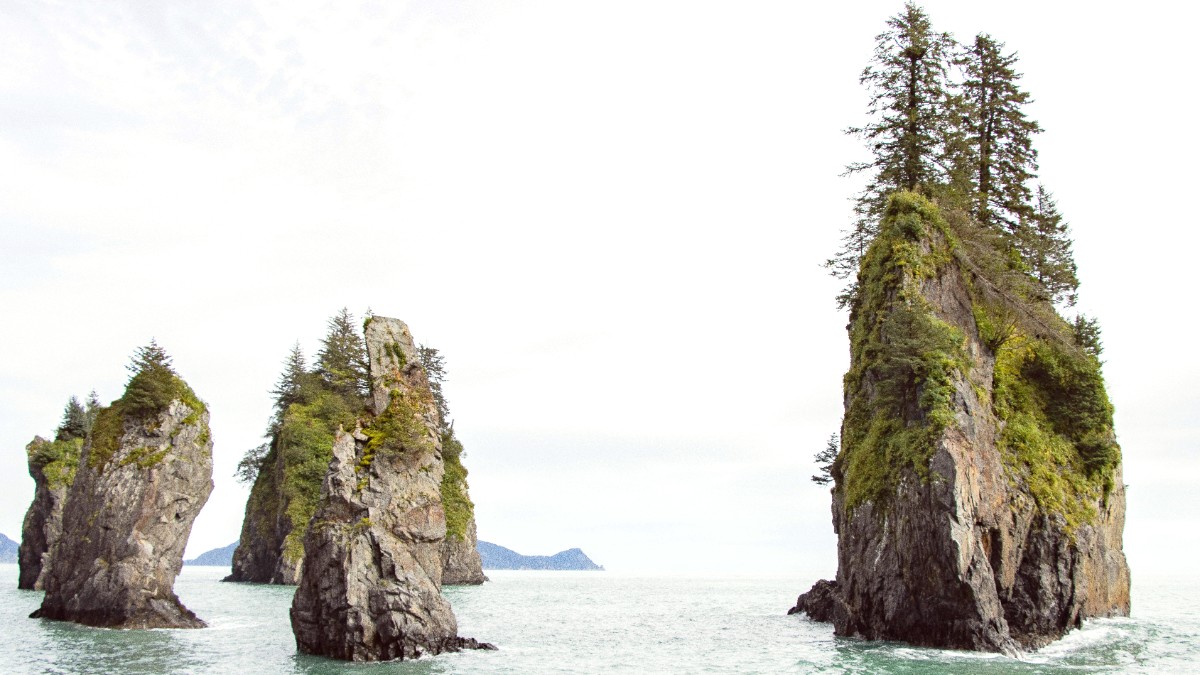
Alaska, USA
Consider language apps like Babbel to pick up local phrases. For online security, a VPN such as NordVPN can be beneficial when using public Wi-Fi.
Accurate local forecasts, including wind chill and marine conditions, for safety.
Helps predict Northern Lights activity for prime viewing.
Track flight status, specifically for bush planes prone to weather delays.
Download topographical maps (e.g., Gaia GPS, Maps.me) as cell service is unreliable.
Companion app (e.g., Garmin Explore for InReach) for messaging and emergencies.
Alaska.org offers broad travel information for the state.
Explore Nome for local attractions, services, and events.
Visit Visitkotzebue.com for Northwest Arctic region details.
Alaska Dept. of Fish and Game (Adfg.alaska.gov) and NPS Alaska (Nps.gov/state/ak/index.htm).
Alaska Native Heritage Center website for state-wide cultural insights.
USGS topographic maps for off-road travel are necessary. Purchase these ahead or from specialty stores in Anchorage. A reliable compass is also critical for navigation. Regional maps might be found locally at visitor centers.
"Coming Into the Country" by John McPhee for remote experiences. "The Blue Bear" by Lynn Schooler: an adventure narrative. Books on the Iditarod Trail Sled Dog Race. Such books cultivate greater appreciation for the region.
The Nome Nugget or The Delta Discovery offer local news. These newspapers present community events and daily life. Find them in local stores or airports upon arrival. They give insights into the regional pulse.
Essential for flights, lodging, and guided tours, especially in high season or during the Iditarod.
Underestimating costs, weather, remoteness, and lack of flexibility are frequent errors.
Show politeness, patience, and a quiet demeanor for authentic interactions.
Always prioritize safety and preparedness, especially when venturing into remote areas. Local conditions can change quickly.
Arrange for mail collection and pet care while you are away.
Confirm your home security measures are in place.
Handle bill payments to avoid issues during your trip.
Arrive 1-2 hours before scheduled flights to Anchorage/Fairbanks.
Security procedures are typically quick at these airports.
Arrive at the airstrip when instructed by your pilot.
Understand the local customs and ways of life before you arrive. This deepens your travel experience.
Even a few words in Yup'ik or Inupiaq show genuine interest. It can lead to more authentic interactions.
Engage politely with locals in stores, bars, or on small tours. This is where most social opportunities arise.
Your informed curiosity is a sign of deep respect. Immerse yourself in local traditions.